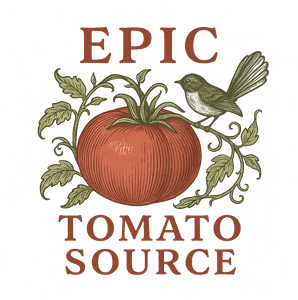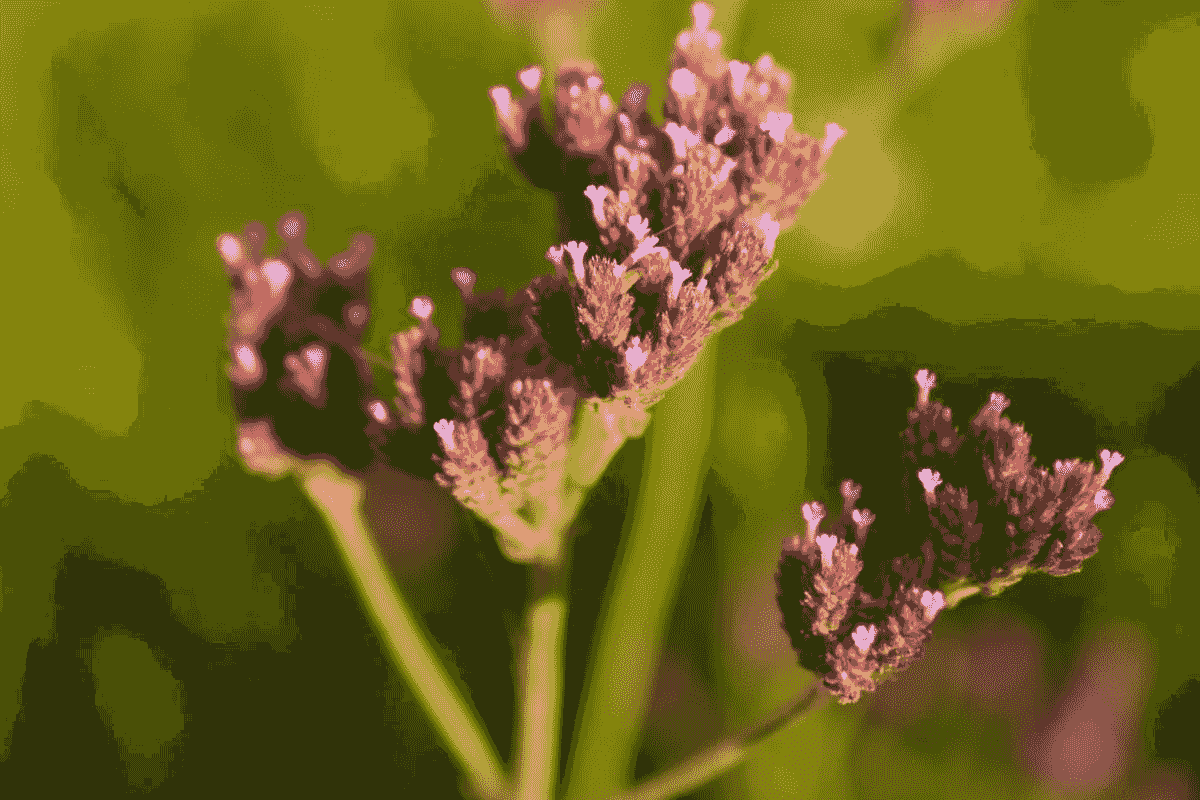

Hokianga Heirloom Tomatoes
Weeds Are Nature's Wild Gifts
Call it a weed, and you miss the wonder.
When we call a plant a weed, we create a powerful limitation, not just for the plant, but for our thinking and relationship with nature.
Weed is not a botanical category - it's a judgment.
It reduces a plant to its inconvenience, ignoring its role as healer, pioneer, pollinator, ally, or medicine.
By labelling a plant a weed, we close ourselves off to its purpose, its story, and our opportunity to listen.
What if the weed is simply a teacher in disguise?

It limits perception to utility
Dandelion - make a wish
Calling a plant a weed frames it as useless or harmful, based soley on whether it serves a human purpose. This narrows our ability to appreciate its ecological role, medicinal value, or even potential as food. Let's try embracing nature's wild gifts.
We forget that weeds are just “plants out of place” — but by whose definition?

It encourages control over curiosity
Chamomile - resilient and drought-tolerant
Labelling plants as weeds often justifies aggressive actions like spraying herbicides or pulling them out — without questioning why they're there, what soil condition, imbalance, or niche they might be responding to.
“The word ‘weed’ is a human construct, and nature doesn't recognise it.” — Doug Tallamy (Ecologist and author of Bringing Nature Home)

It blocks cultural and Indigenous knowledge
Tall Verbena - butterfly buffet
Many plants we call weeds, such as dandelion and plantain, have long histories in traditional medicine, spiritual practices, or sustainable living. That knowledge is erased when the plant is only seen as a nuisance.
“Calling something a weed is a statement about human values, not ecological function.” — Robin Wall Kimmerer, Potawatomi botanist, ecologist, author and educator. (Paraphrased from her essay Braiding Sweetgrass).

It disrupts ecological awareness
Foxglove, digitalis - heart medicine
Weeds are often pioneer species that heal disturbed soil, support pollinators, or offer ground cover. By disregarding them, we may miss key indicators of soil health or ecosystem transitions. These plants often heal damaged soil, support insects, and create shelter which are roles overlooked when they're labelled undesirable.
“Weeds are nature's resistance — the first responders to disturbance.”

It limits biodiversity and resilience thinking
Elderberry - medicinal and delicious
Seeing value only in cultivated species narrows our ecosystem strategies. Wild plants (aka “weeds”) often have traits like drought resistance or pest resilience — traits that could teach us how to garden more sustainably.
Calling a plant a ‘weed’ says more about us than it does about the plant. It reveals a mindset of separation, hierarchy, and control — rather than connection, learning, and respect.

A Curse or a Benediction
In the soil, they were trouble; in the sickroom, a cure.
“The most potent protection was to employ a charm or potion based on the Anglo-Saxons' nine sacred herbs, which included several familiar weeds: mugwort, plantain, thyme (watercress), maythen (mayweed or chamomile), atterlothe (probably betony), wergulu (stinging nettle), chervil, fennel, and crab apple. ”
The fact that weeds might be simultaneously a curse and a benediction wasn't a cause for confusion. As with today, it was a matter of context.
“In the soil, they were trouble; in the sickroom, a cure.” — Richard Mabey
“Weeds are our most successful cultivated crop.” — Richard Mabey (considered one of the UK's greatest nature writers).
© 2025 Tomato Love | Epic Tomato Source for heirloom seeds and seedlings grown in Hokianga. Cultivated with love, history, and mana.
“He iti, he pounamu.”






